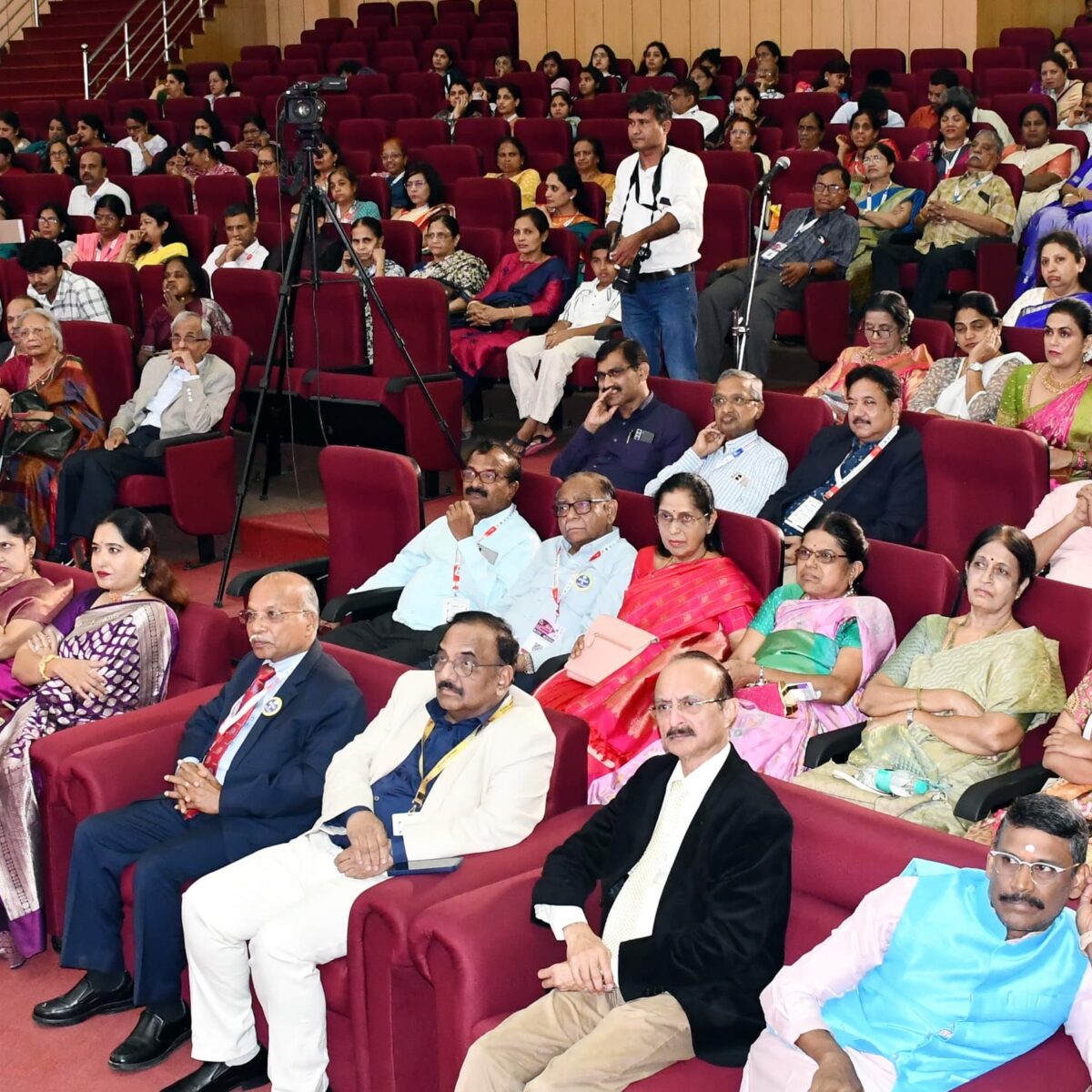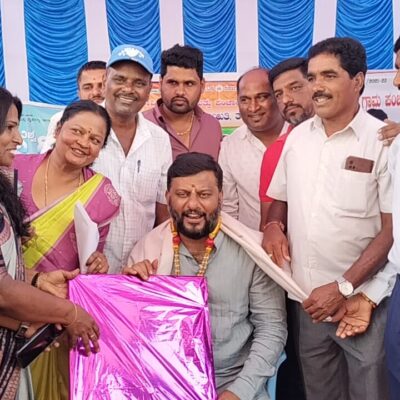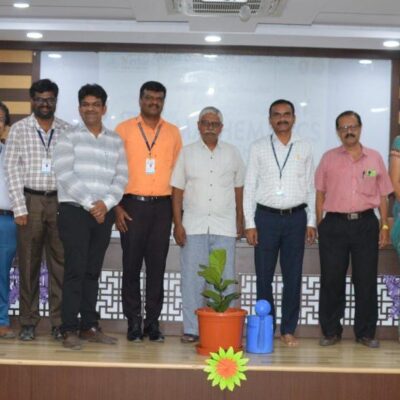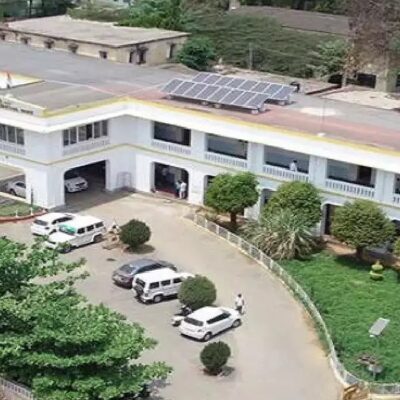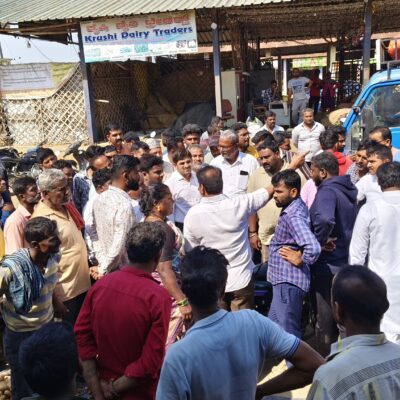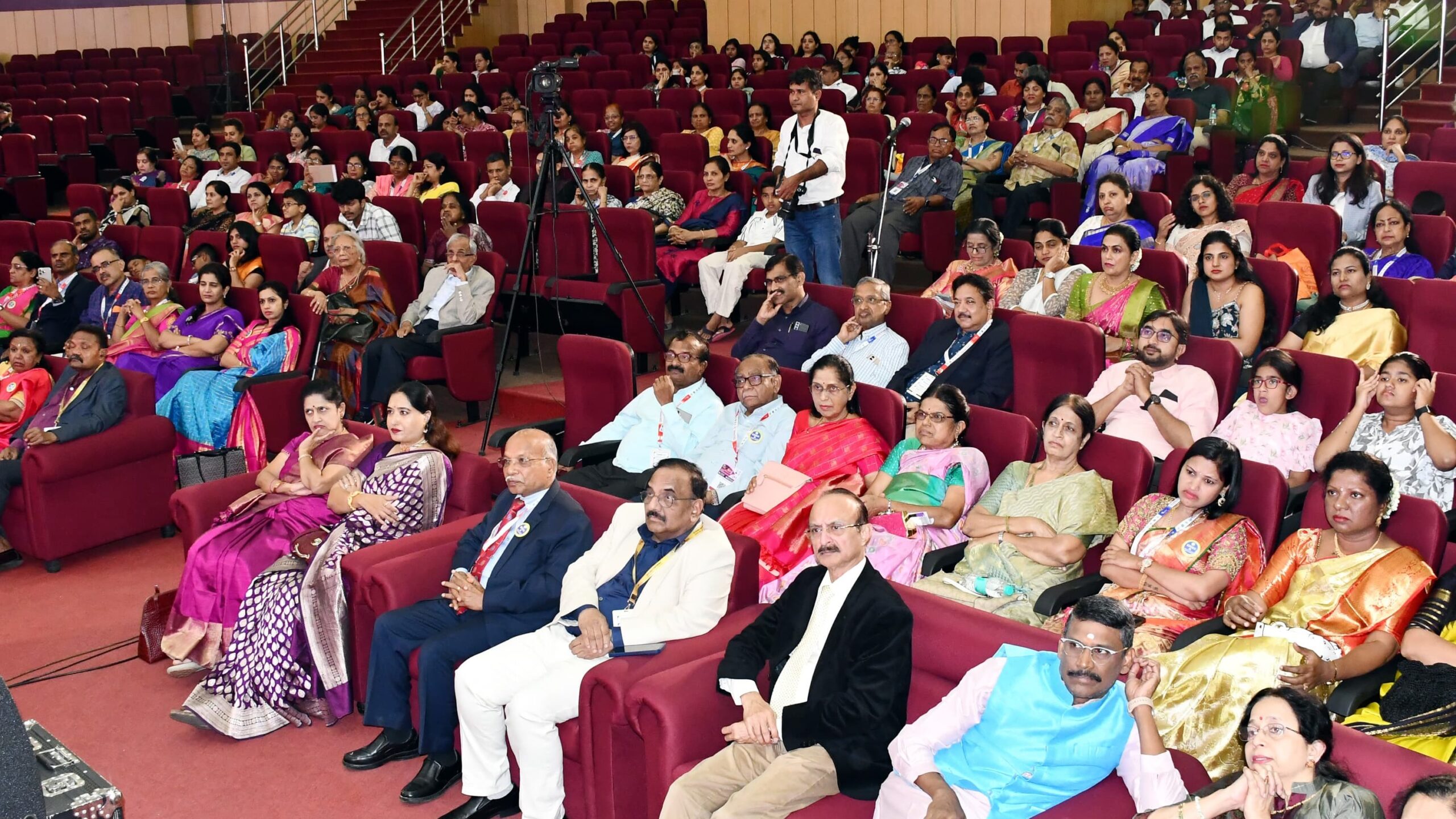
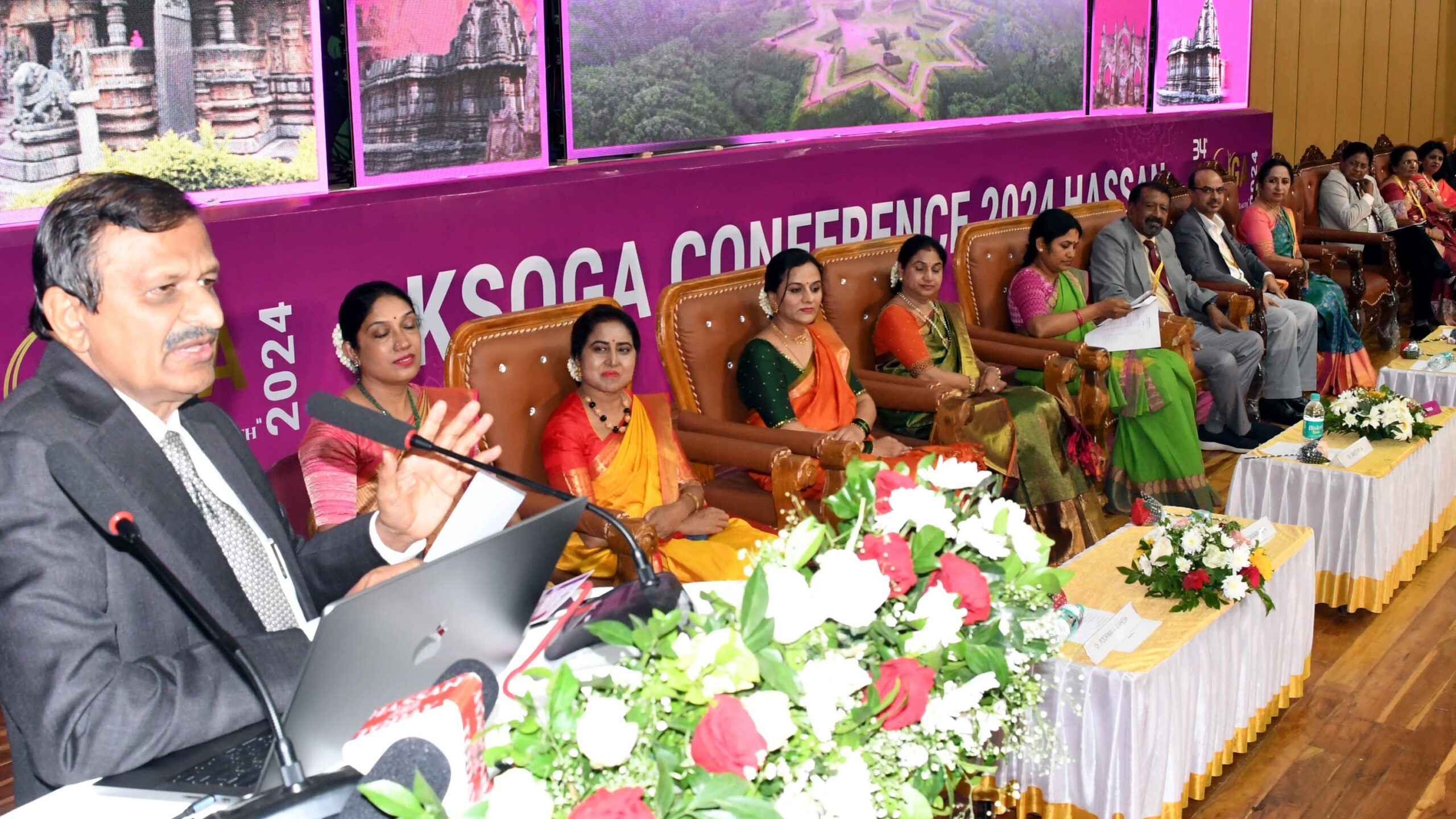
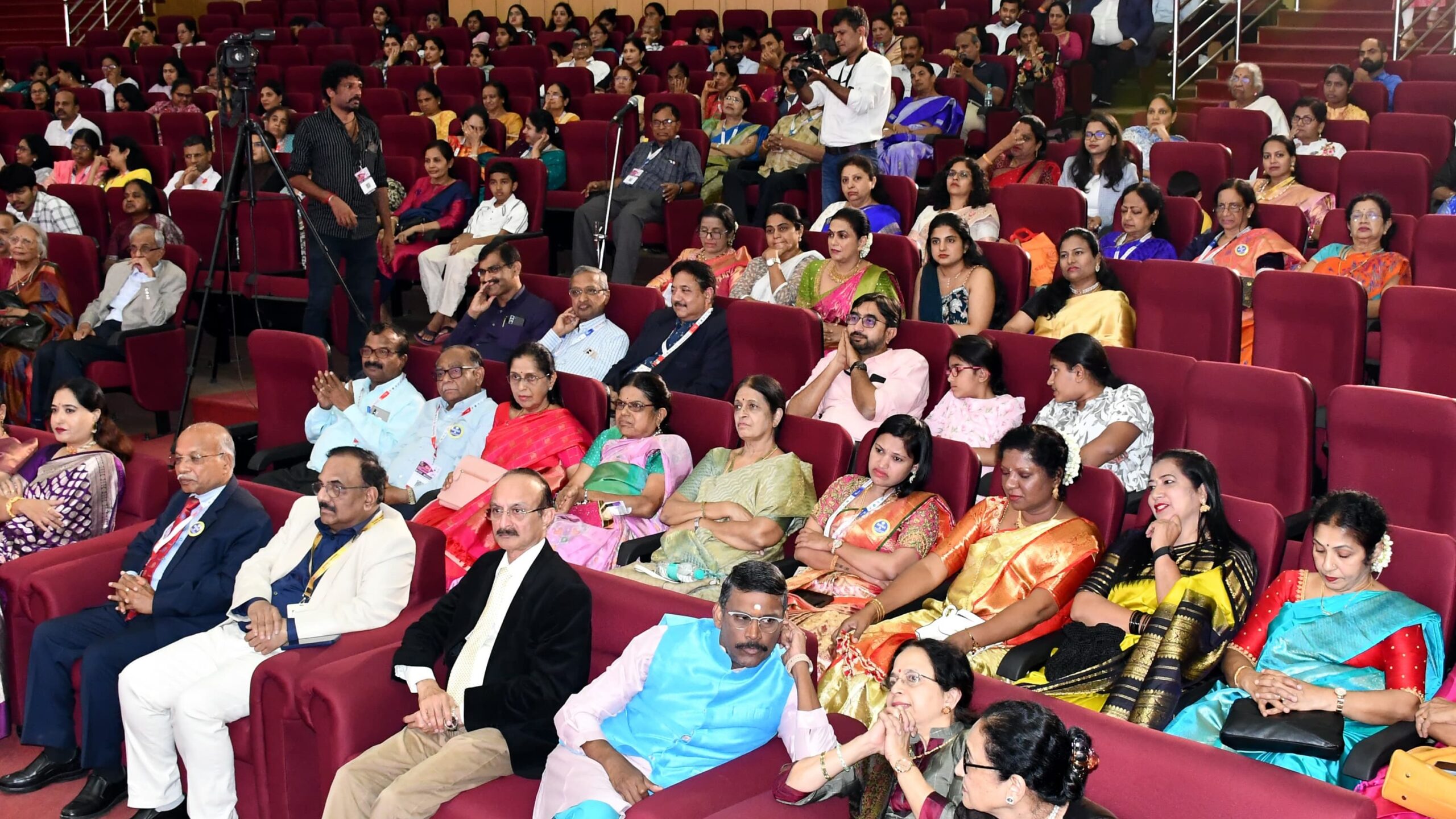
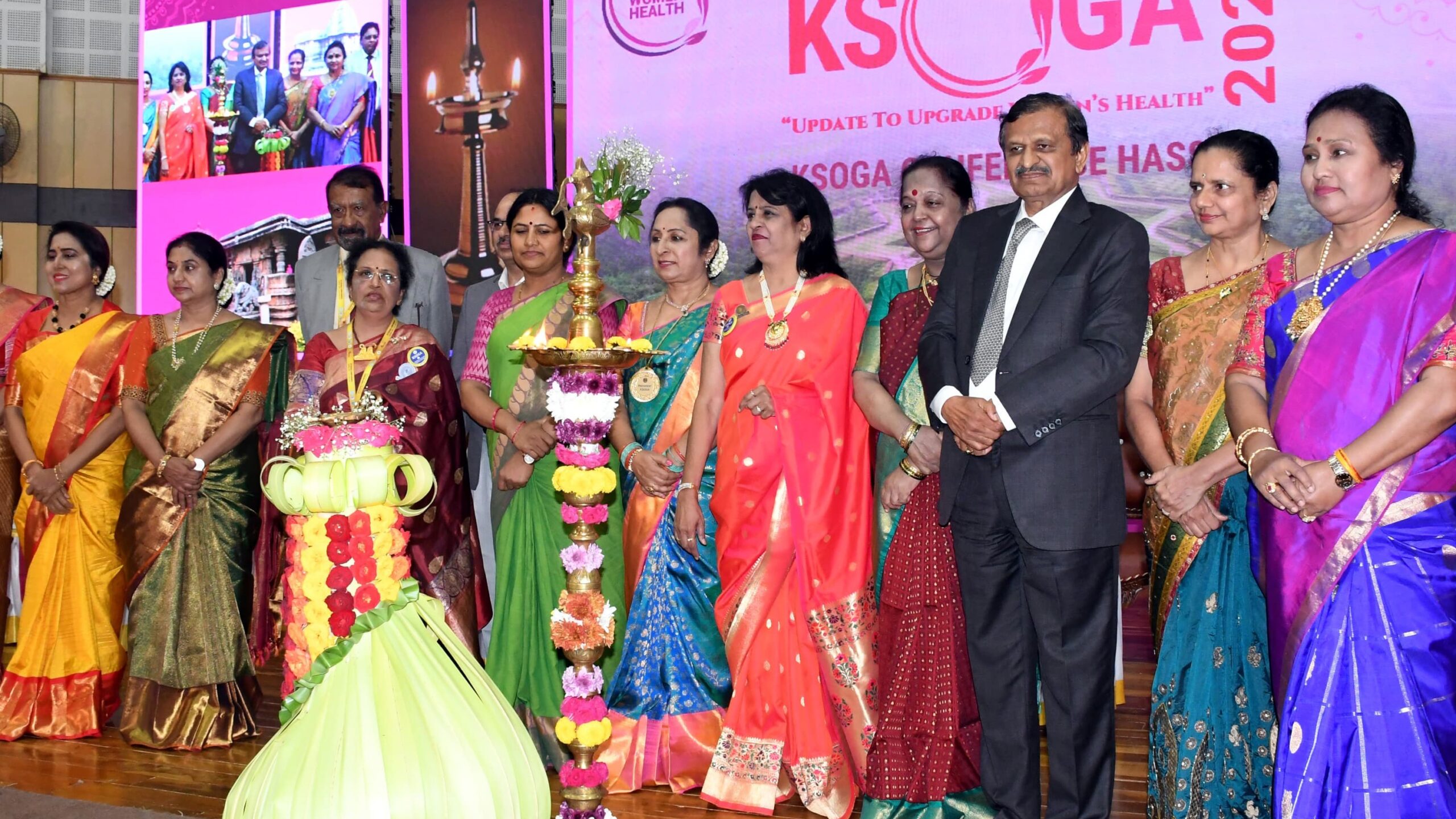
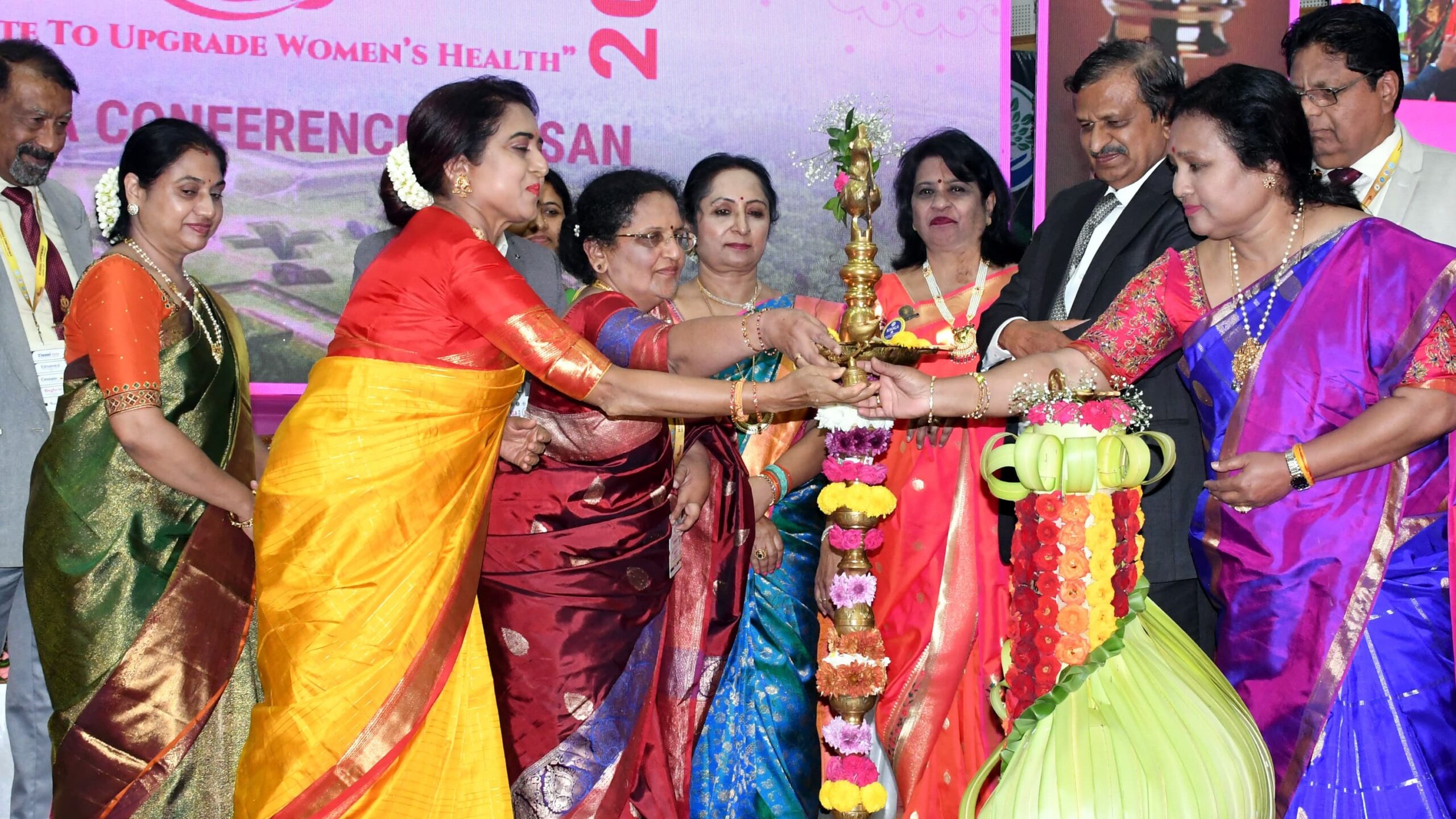
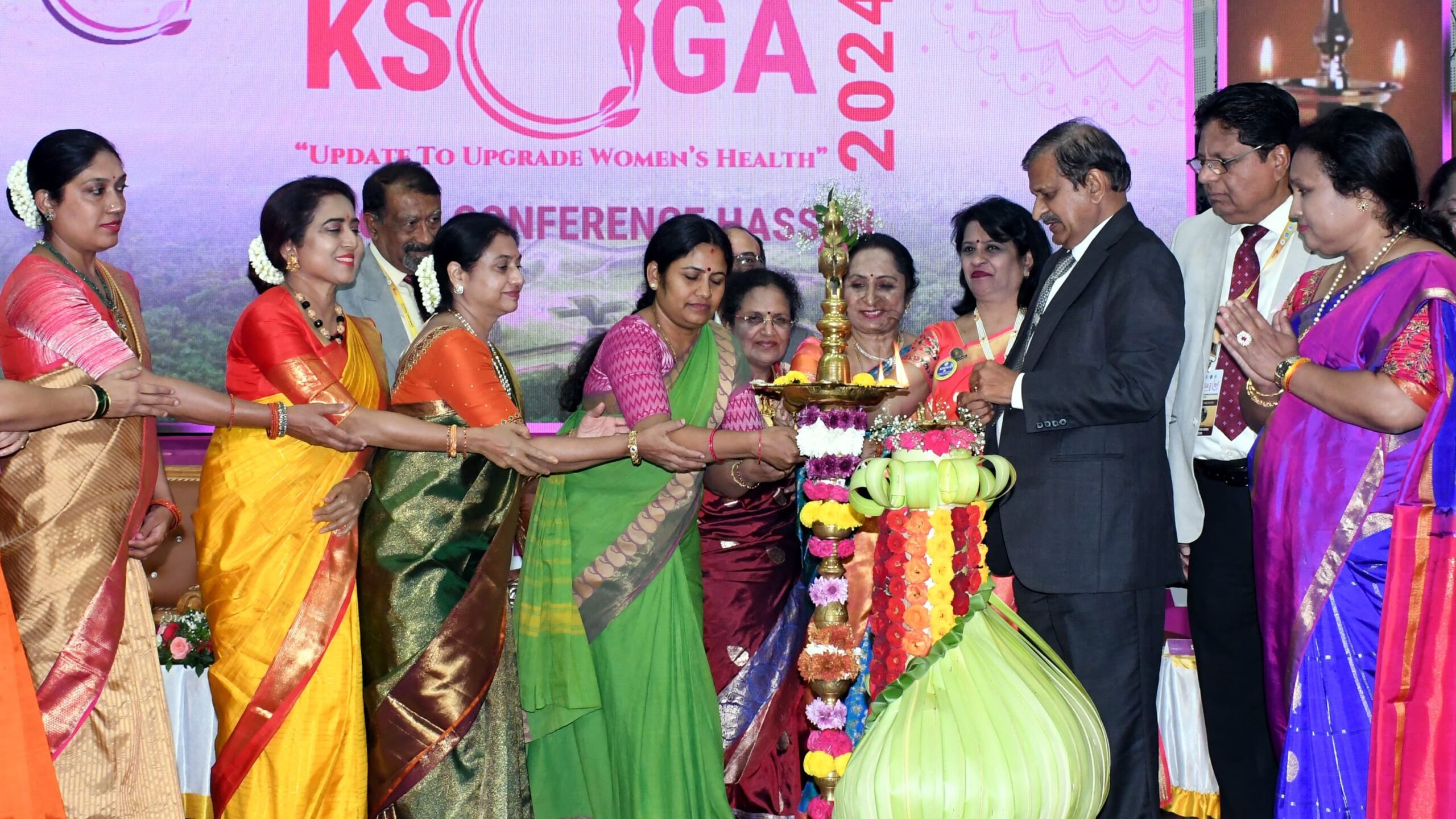
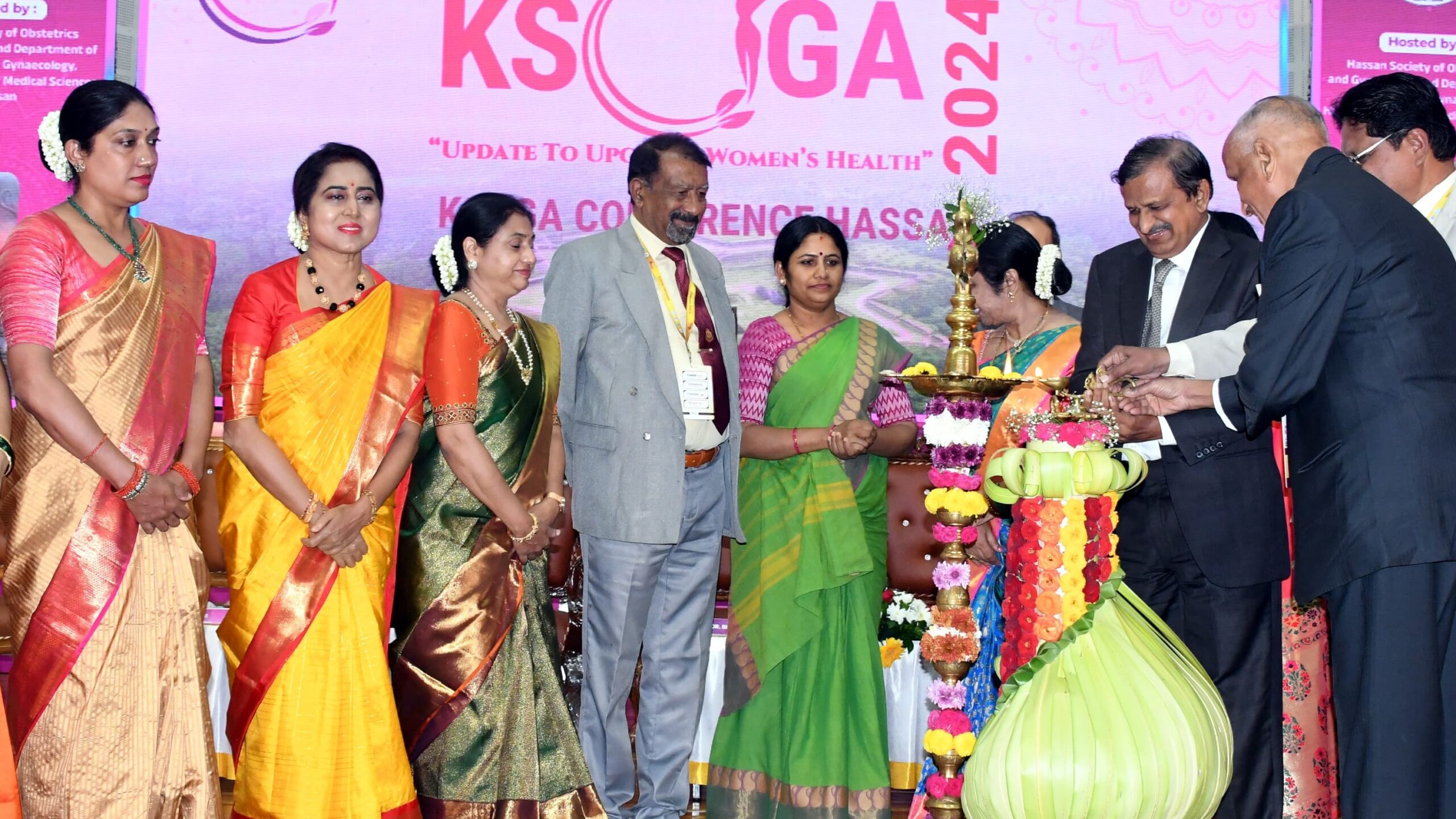
Hassan: The general conference of doctors began in Hassan on Friday, with noted cardiologist and Bengaluru Rural MP, Dr. CN Manjunath, inaugurating the event.
On the occasion, he spoke about various issues concerning the medical fraternity and profession, and began by discussing the influence of hi-technology that has pervaded the medical universe.
Addressing doctors from various parts of Karnataka, he said India currently has over 700 medical colleges across its landscape with a 1,12,000-MBBS seat capacity and 75,000 postgraduate seat capacity.
By 2030, the country is likely to see around 17 lakh doctors practicing all across – which includes 15 lakh allopathic doctors as of now and 5 lakh AYUSH doctors currently.
He said that in his capacity as an MP, the Central government has been duly informed that South India does not need any further medical colleges going forward, and that the focus on developing medical talent and infrastructure must be more in the north and eastern states.
He also said that by 2030, a massive unemployment crisis is likely to hit doctors – not because of a shortage of professionals, but because of poor distribution of professionals across the nation.
To address this unevenness, rural medical service must be made more palatable to doctors, as currently, the incentive to work in non-urban settings is very poor.
Dr. Manjunath emphasised the need for a good workplace culture if doctors are to be motivated to serve in far-off areas. He said while rural places do offer a slower life and a better scope for building a reputation, the financial reward for such commitment is currently not inspiring for today’s medicos.
Speaking on the issue of ‘values in medicine’, he said the ‘value of medicine’ will be enhanced only when doctors practice honesty and do not fall for the ‘surgical bait’ every time a vulnerable patient presents himself.
He urged doctors to desist from falling into the rat race, saying that their stress levels are actually reducing their own lifespan, while trying to increase those of others.
Dr. Manjunath also had a word of praise for the reduction of Maternal Mortality Ratio (MMR) and Infant Mortality Ratio (IMR) in south India, but said that the focus now needs to be on backward states in the north such as Bihar, Madhya Pradesh and UP, for equally better results.
Speaking about vaccines, he said he was working towards impressing the government about the need for more research in vaccines, as diseases are turning complex with the advancement of time.
On the issue of nutrition for expectant mothers, he said that in south India, which is preponderantly rice-consuming, it was observed that women who consumed “highly polished rice” were producing more vulnerable babies, than their so-called poorer counterparts who eat less polished rice.
In this context, he said “financially rich does not equate to “nutritionally rich”. In fact, the inverse was proving to be true, he observed, citing data of children of mothers who consumed highly polished rice being more vulnerable to cardiac failure, as compared to their “poorer” counterparts.
He extolled the benefits of less polished rice or brown rice in such matters.
While speaking about the work culture in the medical field, he cautioned doctors to adopt a more liberal approach towards their juniors, focusing more on mentoring rather than governing. Calling for “sympathy” as a greater value than “Allopathy” or “Naturopathy”, he said an average doctor is one who treats the disease, while an excellent doctor is one who treats the patient as a whole.
He also urged doctors to not exploit patients commercially in life-death situations, as has been observed in recent times with the emergence of “corporatised medicine”, and added that it was creating a public confidence crisis.
In conclusion, he appreciated the Hassan Institute of Medical Sciences for its focus on good infrastructure and said districts should follow in its footsteps for India to collectively progress.

